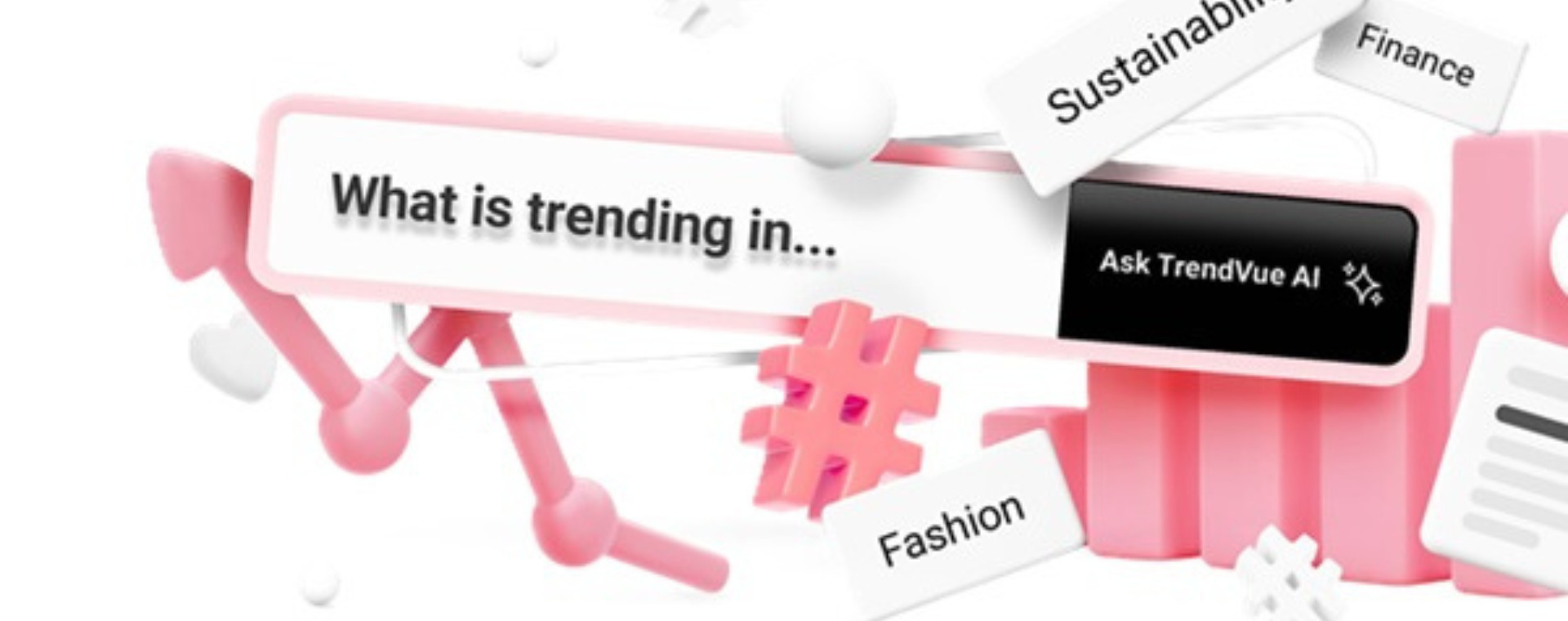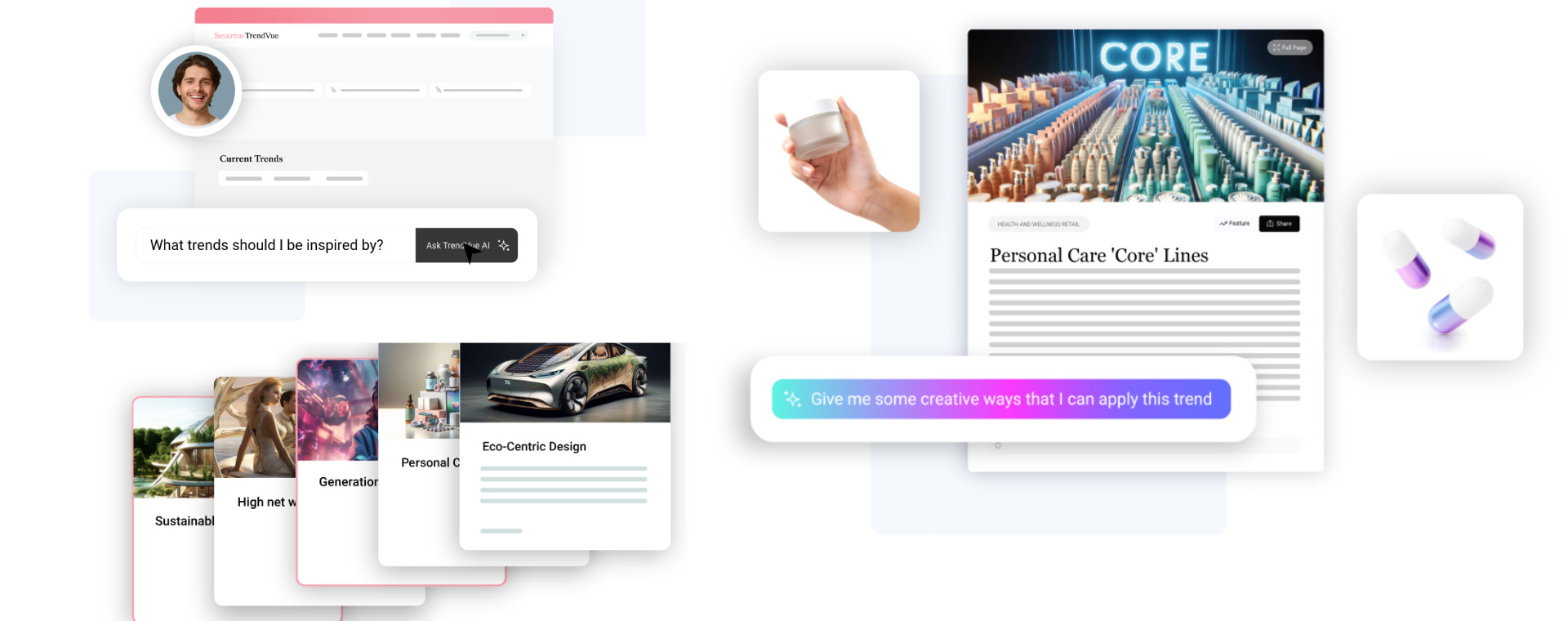

BrandVue’s Most Loved Media Brands 2022
The UK’s love for print seems to be rather low when comparing it to the other sub-sectors in our Top 100 Media Brands League Table, with no sign of a print publication within the top 40 media brands.
What was once a mainstream weekly occurrence, now faces an abundance of obstacles due to the rise of technology and the changing behaviours of younger generations.
Some print publications have even started to think about ways to evolve into the Metaverse with The Financial Times interviewing Nick Clegg inside The Metaverse.
Magazine sales have fallen 65% since 2011 with a large number of publishers transitioning to online only publications or restricting publishing to limited edition prints a handful of times per year, whilst many have even seized trading all together.
Looking at data from BrandVue, we can see at a Nat Rep level that the top five most loved print brands are BBC Good Food, Vogue, The Guardian, Metro and Empire. However, when we match this with purchase history in the last 12 months, we see a very different top five (all newspaper brands), indicating that whilst consumers feel an emotional or nostalgic connection to magazines, it doesn’t translate to purchase intent, leaving glossy magazines behind
Can the same be said for younger generations, are they helping to drive the downward trend for print?
Years ago, mainstream fashion magazines helped consumers discover new brands, trends, and offer the latest fashion advice, however the increase in social media usage amongst Gen Z has made this essential element null and void. With the new age of bloggers and influencers, Gen Z now go to the likes of Instagram and TikTok for all things fashion.
According to YouthSight’s State of the Youth Nation Tracker only 4% of Gen Z say they read magazines in their spare time and the number of those stating that they have purchased a magazine in the last month has fallen 14% since 2015 to just 5%.
A similar trend is forming for newspapers, with 23% of Gen Z reporting accessing the news via newspapers in 2015, compared to just 9% in 2021. While 47% state they consume news via social media channels.
With the top end of our Top 100 League Table being dominated by social media platforms and streaming services, there’s an opportunity for a multi-platform approach for print to enhance its presence within an online world.
Are there ways to evolve?
With the likes of Programmatic Print coming into the market merging digital and print in terms of brand advertising, it is now a necessity for magazines to integrate print into their omnichannel strategies.
Some print publications have even started to think about ways to evolve into the Metaverse with The Financial Times interviewing Nick Clegg inside The Metaverse.
With The Metaverse set to be an immersive and social environment it invites the idea of being able to read and watch articles together and debate them in real time.
The rise of technology and ever-changing consumer behaviours were inevitably going to have an impact on the print industry, with the ease of reaching everything you need in the palm of your hand
The key for print publishers will be their willingness to collaborate with brands in the top 10, pushing their content out across new and emerging channels and their ability to leverage modern technologies such as The Metaverse or Programmatic Printing.
BrandVue’s Most Loved Media Brands 2022
Download the full report to discover the UK’s Top 100 Most Loved Media Brands, as well as expert analysis on where the industry is heading and what brands can do to become more loved by consumers.
The report provides an insight into how the No. 1 Most Loved Media Brand gained the top spot, whether this can be maintained, and what its success can teach us about Brand Love.
Download the report here for the full Top 100 league table as well as more media trends and insights.








